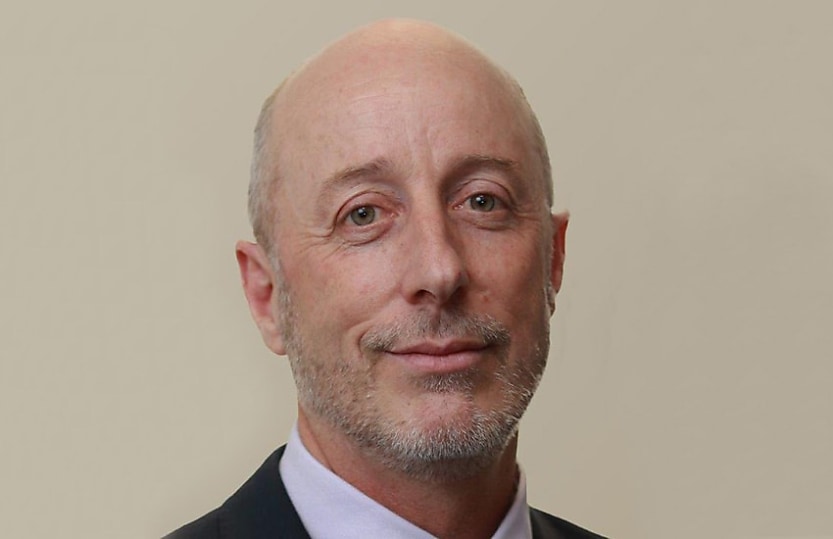ATO instals system to detect illegal SMSF early access

The first attempt to measure the problem will be able to determine the amounts involved and gather intelligence to address the issue.
The Australian Taxation Office (ATO) has installed a system that can estimate the amount of money being illegally withdrawn from SMSFs and expects to harvest its first data early next year.
Assistant commissioner for SMSFs Justin Micale said the system, the first of its kind, could determine the size, scale and trajectory of the risk as well as gather intelligence to address the issue.
“This is our first attempt at measuring the amount of money inappropriately withdrawn by trustees who manage their own super,” he told in the recent CA ANZ National SMSF and Financial Advice Conference.
Mr Micale said the ATO is often confronted with individuals or business owners dealing with cash flow problems, cost-of-living pressures, relationship breakdowns and debt.
“In these circumstances, the temptation to access retirement savings invested in accounts they control and have direct access to often becomes too great,” he said.
“In the current economic climate where more individuals are facing increased levels of financial stress, illegal early access is something we need to be even more mindful of.”
As part of its focus on illegal early access, Mr Micale said the ATO would concentrate on identifying new trustees who entered the system with the sole intention of taking all their retirement savings before they were entitled to them.
“This is often facilitated by promoters who usually charge a large fee,” he said.
“A key marker for us is where newly established SMSFs have received a rollover but have not lodged their first-ever annual return.”
He said, currently, 17 per cent of the 28,000 funds registered in 2022 had failed to lodge their first return. Of these, 50 per cent appeared to have rolled money into their SMSF.
“This suggests they may have deliberately entered the system to illegally access their super,” he added.
“We also know some existing trustees inappropriately access their super early and stop lodging to avoid detection.”
He said in 2022 around 32,000 SMSFs with members yet to reach preservation age had failed to meet their lodgement obligations for the first time.
“While there may be legitimate reasons for these delays, this group certainly presents with a heightened level of risk,” he said. “We are also seeing some existing trustees who continue to lodge but have breached the operating standards and a contravention is reported to us.”
For 2022, the ATO has received around 11,500 auditor contravention reports, including 20,000 contraventions.
Almost 35 per cent of these contraventions suggested trustees might have inappropriately accessed their retirement savings by breaching payment standards or entering into prohibited loans with members, relatives or related entities.
Mr Micale said the ATO would focus on prevention by providing support and guidance products, undertaking new registrant reviews, and removing SMSFs from superfund look-up where they had failed to comply.
New registrant reviews involve a risk assessment of all SMSF registrations to ensure trustees are entitled to set up a fund and are not aiming to illegally access their super.
“This program also acts as a safeguard against identity fraud,” he said.
“We estimate this program has protected $64 million in super monies from leaving the system during the 2023 financial year.”
Mr Micale said the first results of the illegal early access estimate program would be made public in early 2024.
About the author








Comments (0)
Comments powered by CComment